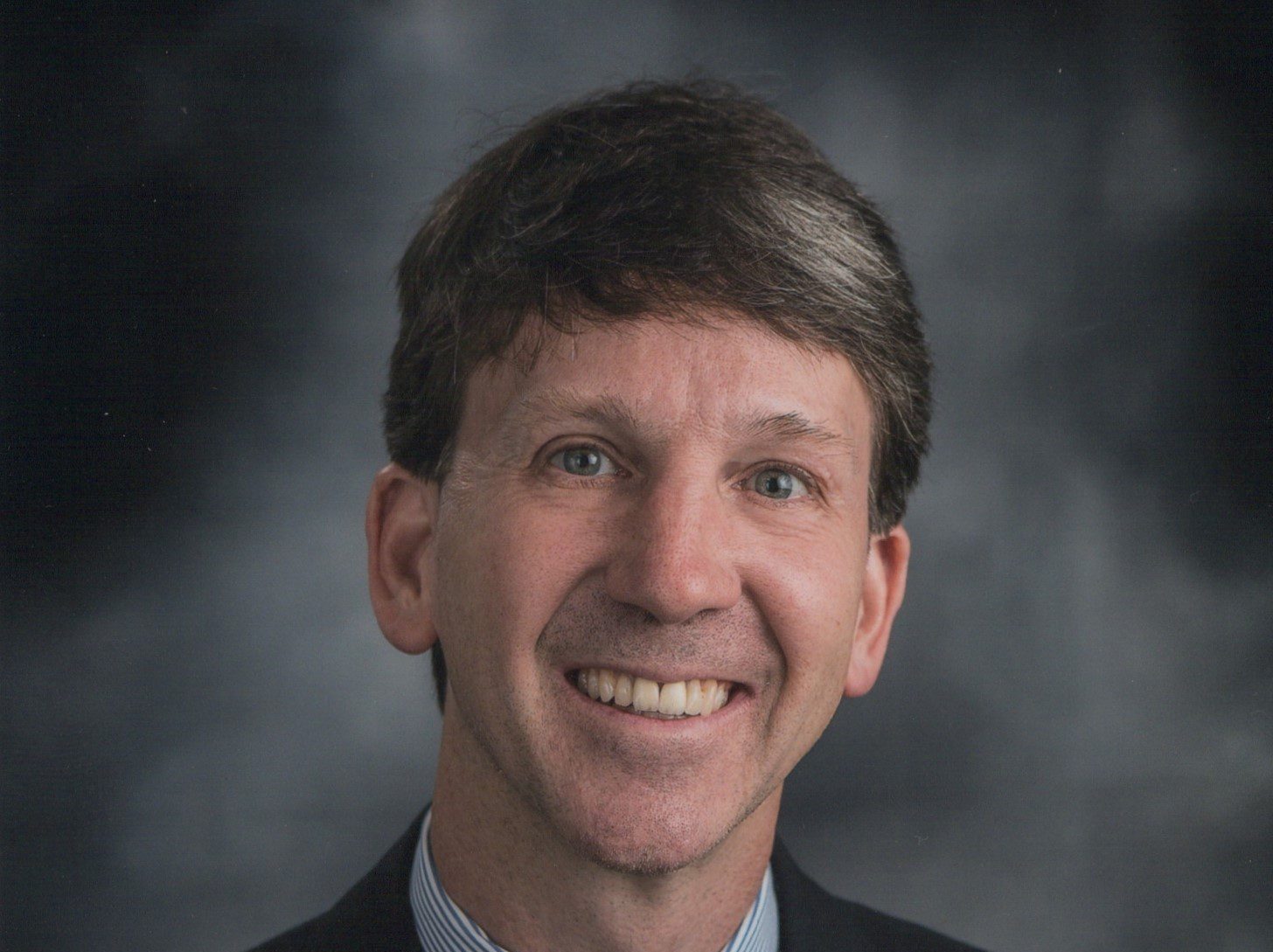
- When we realize we have been seeking meaning in the wrong place or may have decided to serve the wrong god, we need to have the courage to change.
I had the opportunity recently to listen to Dexter Van Zile, an expert on the Middle East, discuss the situation in Israel and Gaza and the corresponding public reaction in the U.S. Mr. Van Zile stopped in town on his way back from Keesler Air Force Base in Biloxi where his daughter just finished her training, and where he had the privilege of pinning her wings in the traditional Air Force ceremony. Subject matter expertise aside, Mr. Van Zile is also a proud, and now concerned, parent, as his daughter will soon be deployed overseas.
Mr. Van Zile made his remarks as the invited guest at an informal dinner party. The hosts, members of Beth Israel Congregation, had about 30 additional guests at their home. Guests included other members of Beth Israel as well as those not affiliated with the Temple. I was in the latter group, and the casual and easy conversation between Jews, Christians, and others covered the waterfront, ranging from Johnny Unitas and the Colts of the 1950s (one of the couples had moved to Jackson from Baltimore) to Fran Tarkenton and the Vikings of the 1970s (one of the guests moved to Jackson from Rochester, MN) to Mahjong to gardening. And that was just my little corner of the patio.
After dinner, Mr. Van Zile stood to speak. He touched on the modern history of Palestine and Israel, the sources of conflict among nation states in the Middle East, media coverage of events in Israel and Gaza versus other parts of the world, Islam versus Islamism, and the role some Christians and Muslims have played in antisemitism historically. Mr. Van Zile patiently answered questions, and it was clear he had a wealth of knowledge, having devoted his career to the topic and having been to Israel and Gaza numerous times.
Yet, one thing that was not mentioned as a cause of modern antisemitism in the West, particularly the U.S., is that we have become an increasingly, and now predominantly, secular society. Those anti-Israel protestors on college campuses and elsewhere by and large do not consider themselves Christian or Muslim. Thus, their protests and antisemitism are not about religion, at least as traditionally defined. I suspect they are about something else entirely. And two twentieth century Jewish philosophers may have insight for us on what that something is.
The first is Viktor Frankl, who lived from 1905 – 1997, and whose life is one of the most profound I have ever encountered. A psychiatrist born in Vienna, as a teenager Frankl corresponded with Sigmund Freud. So impressed was he with Frankl’s precocious intellect, Freud submitted one of Frankl’s papers to the International Journal of Psychoanalysis, which published it. Frankl was sixteen at the time.
Frankl was also Jewish at a time in history and place in the world where it was dangerous to be. When the Nazis invaded Austria, the American Consulate offered to emigrate Frankl to the U.S. Frankl declined, not out of ignorance of what was happening around him, but out of a sense of duty – he felt he could not abandon his aging parents, even as they encouraged him to leave.
That decision proved costly, beginning in 1942, when the Nazis forced Frankl and his wife Tilly, who had married in 1941, to abort their first child. The Nazis subsequently arrested and deported the Frankl’s – Victor, Tilly, his parents, and his brother – to various concentration camps. None but Victor survived.
Yet, astonishingly, Frankl was able to view his life with clinical detachment. And his observation of prisoners, guards, and capos in the concentration camps solidified Frankl’s philosophy that the driving force in one’s life is a search for meaning. Not pleasure, as Freud argued, or power as Adler argued, but meaning. Frankl’s book “Man’s Search for Meaning,” written over a period of nine days after the war ended, lays out his philosophy of logotherapy in a manner accessible to the layperson. I reread it in writing this column. I will do so again before my own life is over. It is remarkable, and Frankl used his insight over the next five decades of his life to help those battling depression, addiction, grief, and despair.
Circling back to the observation that the ongoing protests across college campuses are secular in nature and participated in by those with little or no religious identity, just because one no longer seeks meaning in church, synagogue, or mosque, does not mean one no longer seeks meaning. I suspect these protests give purpose and meaning to those participating. It certainly provides a sense of community. Finding something to be against can be just as powerful as finding something to be for. One has to look no further then contemporary American politics to see that.
Whether these protestors are seeking meaning and community in the right place, a place that will endure, is another matter entirely. In fact, in an ironic twist of fate, secular movements like this have become more hostile to questions than traditional religion. Protestors will often beat on drums and shout all the louder when asked questions about Israel or Hamas they’d rather not think about. Those who disagree with them are “deniers” (climate change denier is another term frequently heard in a secular movement that has elements of religious faith) rather than someone seeking truth through question. Enduring faiths are those which embrace questions no matter how hard – indeed, in Judaism rabbis question one another and God all the time.
The second twentieth century Jewish philosopher whose poetry may shed some light on the behavior of antisemitic protestors is Robert Zimmerman, who famously said, you “gotta serve somebody.” Frankl and Zimmerman recognized that every single one of us searches for meaning in this life, and every single one of us must decide who or what we will serve on that quest for meaning. And, as mortals, we need to accept that we will make mistakes. When we realize we have been seeking meaning in the wrong place or may have decided to serve the wrong god, we need to have the courage to change, for who knows what the rest of our life may bring.
Coda: Names and the ability to name are powerful, full of significance. Indeed, long before Israel was a nation, Israel was a person, Jacob, whose name and identity were changed forever after a night spent wrestling with God, according to the Hebrew scriptures. Victor Frankl originally intended to publish “Man’s Search for Meaning” anonymously, using only the number 119,104, the number the Nazis tattooed on his arm, erasing his prior identity. His motive was noble – to deflect attention from himself and show that his story was representative of all the countless numbers, and lost names, who had suffered similar fates. At the last minute his friends prevailed upon him to reclaim his identity and use his given name, the name his parents had bestowed upon him. He was no longer 119,104, he was Victor Frankl. (Victor Hugo would be proud.)
And Robert Zimmerman took control of his identity as well, when, on August 2, 1962, he changed his name legally. The name he chose: Bob Dylan.






